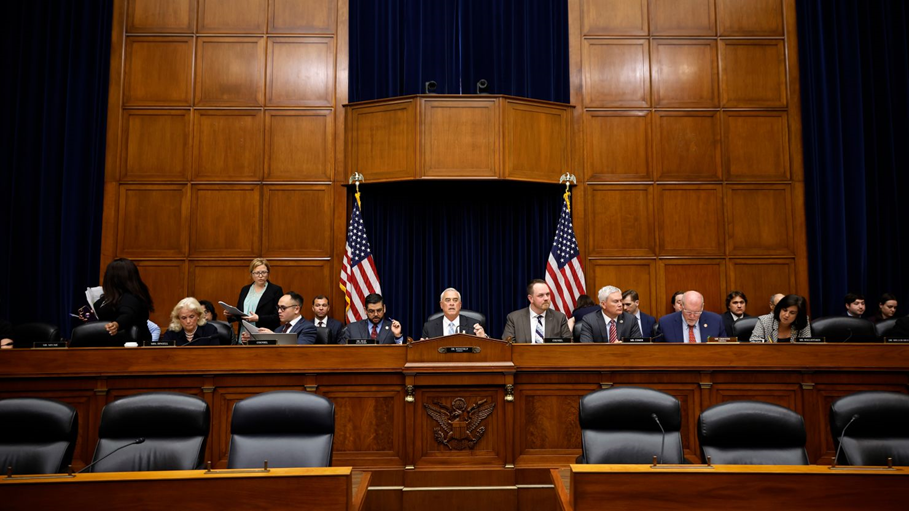From 2020 to 2023, the discourse surrounding COVID-19 became a contentious battlefield, where non-conforming voices faced harsh backlash, often labeled as “conspiracy theorists” or accused of promoting “vaccine hesitancy.” This intense scrutiny and social media censorship impacted prominent medical professionals who opposed the mainstream narrative, which primarily advocated for lockdowns and other restrictive measures. Critics of the pandemic response, such as physicians and scientists, faced severe personal and professional repercussions, including loss of employment and threats to their medical licenses. The climate of fear and censorship stifled diverse viewpoints that could have contributed to a more balanced understanding of COVID-19 management.
A pivotal moment of dissent occurred during a meeting held by the American Institute for Economic Research from October 1-4, 2020. This meeting led to the formulation of The Great Barrington Declaration, which was drafted by distinguished scientists such as Dr. Jay Bhattacharya of Stanford University, Dr. Martin Kulldorff of Harvard, and Dr. Sunetra Gupta of Oxford. This declaration called for a “Focused Protection” strategy, suggesting that only vulnerable populations, like the elderly, should be shielded from the virus, while allowing the rest of society to continue functioning normally. The Declaration was crafted with a global health perspective, highlighting concerns that lockdown measures disproportionately affected children, the working class, and the economically disadvantaged, causing both immediate and long-term health and societal costs.
The authors of The Great Barrington Declaration, despite their esteemed credentials, were dismissed by influential figures such as Dr. Francis Collins, then head of the National Institutes of Health, who referred to them as “fringe scientists.” This rejection culminated in a refusal to engage in dialogue over the Declaration’s recommendations, leaving the country with a pandemic management strategy centered on prolonged lockdowns and restrictive public health measures that, according to many critics, ultimately led to widespread consequences—including physical and mental health burdens across various sectors of society. The responses of the National Institute of Allergy and Infectious Diseases (NIAID) and Dr. Anthony Fauci contributed to a narrative that made it difficult for alternative opinions, such as those from Bhattacharya and his colleagues, to gain traction.
The suppression of dissenting views brought newfound scrutiny to the integrity of scientific discourse and public health policymaking. Dr. Bhattacharya, gaining prominence for his critical analysis of prevailing COVID-19 policies, began advocating for a reform of the NIH, CDC, and other public health institutions to restore trust and improve healthcare outcomes. His efforts culminated in significant recognition when he received the Robert J. Zimmer Medal for Intellectual Freedom, an award honoring those who demonstrate exceptional courage in challenging intellectual boundaries. This acknowledgment came amid numerous debates over the essential nature of free speech in academic contexts, particularly concerning public health and scientific studies.
In a substantial progression towards addressing the shortcomings of the pandemic response, Dr. Bhattacharya organized the Stanford Pandemic Policy Conference in October 2024, paving the way for an open exchange of ideas among varying experts. This conference represented a critical step in re-establishing dialogue on pandemic management, allowing diverse opinions to converge and fostering civil discourse about the effectiveness of various policies implemented during the global health crisis. The conference also served to reflect on past mistakes, emphasizing the need for transparency and collaboration moving forward.
With significant political developments surrounding public health, former President Donald Trump nominated Dr. Bhattacharya to lead the NIH, aligning his selection with a broader strategy aimed at transforming America’s health infrastructure in response to critical insights gleaned from the pandemic. Dr. Bhattacharya’s appointment, should it be ratified, represents a commitment to addressing the many challenges exposed during COVID-19, including the flaws in decision-making and the imperative to prioritize rigorous scientific dialogue. Alongside him, other health leaders with critical perspectives on the pandemic response were selected, indicating a potential shift toward reforming how public health strategies are developed and communicated in the United States.
A legally mandated investigation into the COVID-19 pandemic led by a Republican-led House committee released its final report in December 2024. The comprehensive investigation scrutinized the effectiveness of public health measures, exposing failures in governance and the broader implications for public trust. The report criticized many aspects of pandemic strategy, including the reliance on lockdowns and other measures not firmly grounded in scientific evidence, highlighting their adverse effects on mental health and societal cohesion. It encouraged future planning that capitalizes on lessons learned, underlining the need for integrity and trustworthiness in public health messaging to ensure effective responses to future health crises. The findings signal a wistful acknowledgment of the complexities surrounding the management of a global pandemic and the need for continuous evaluation and reform in health policy.

